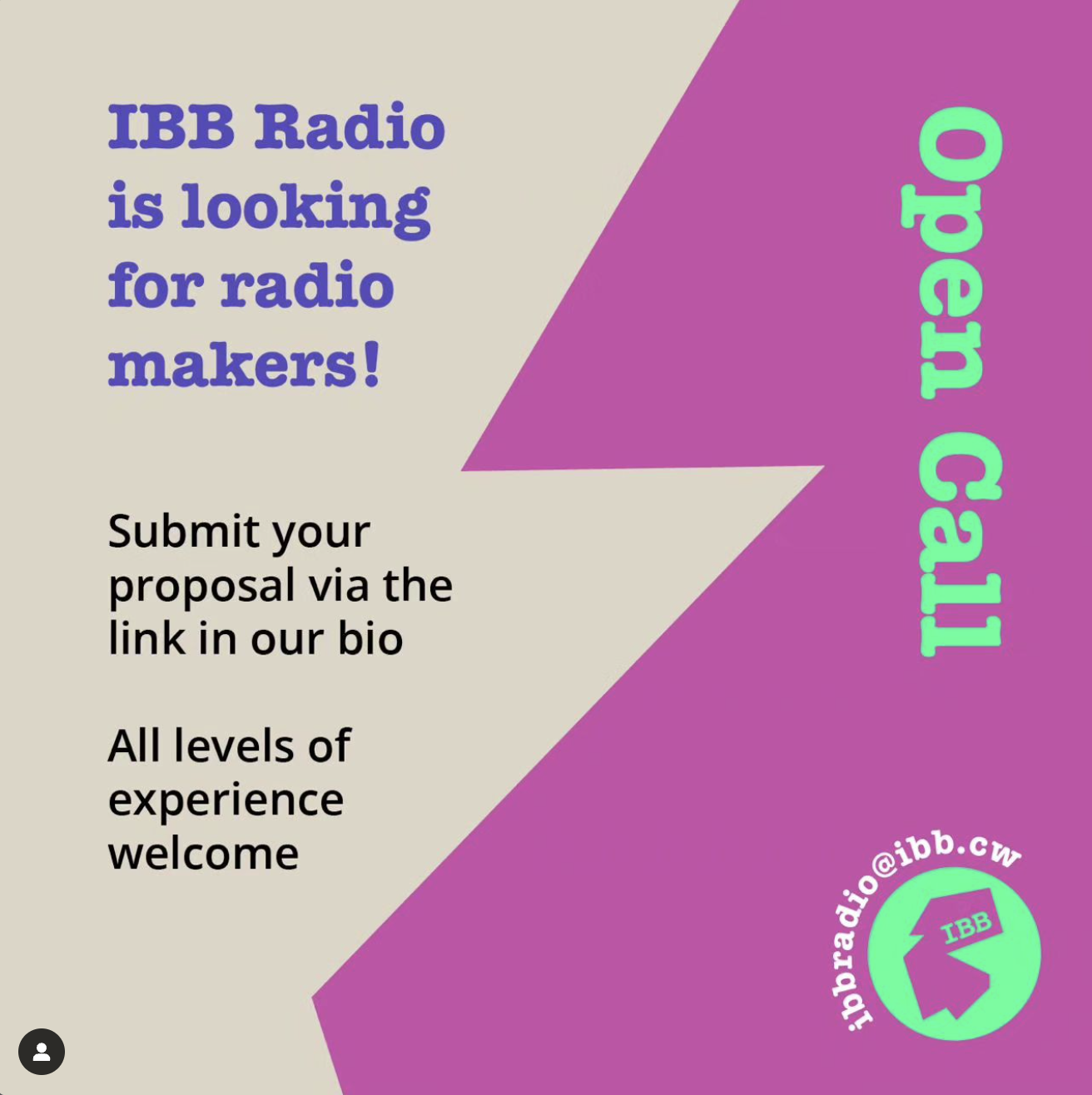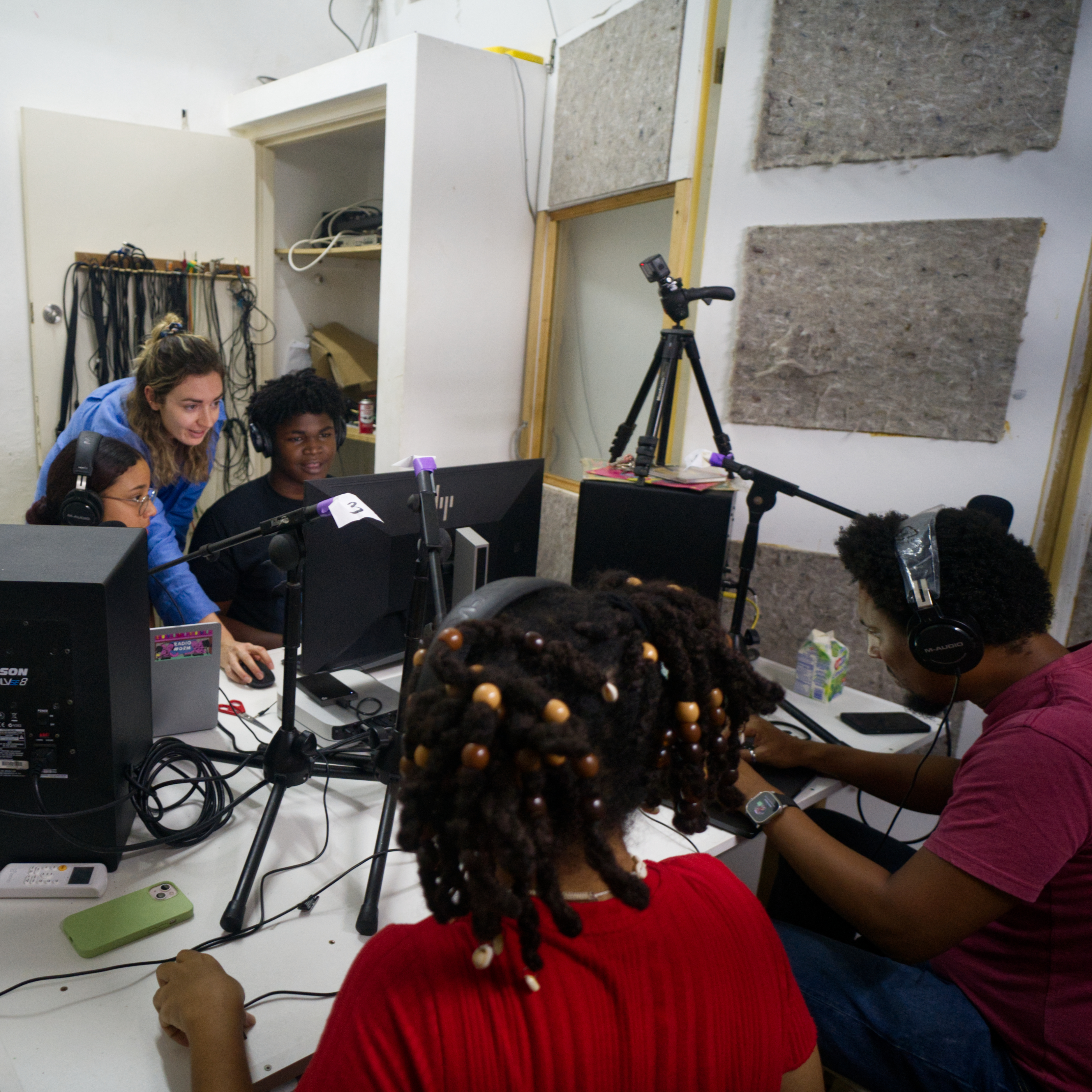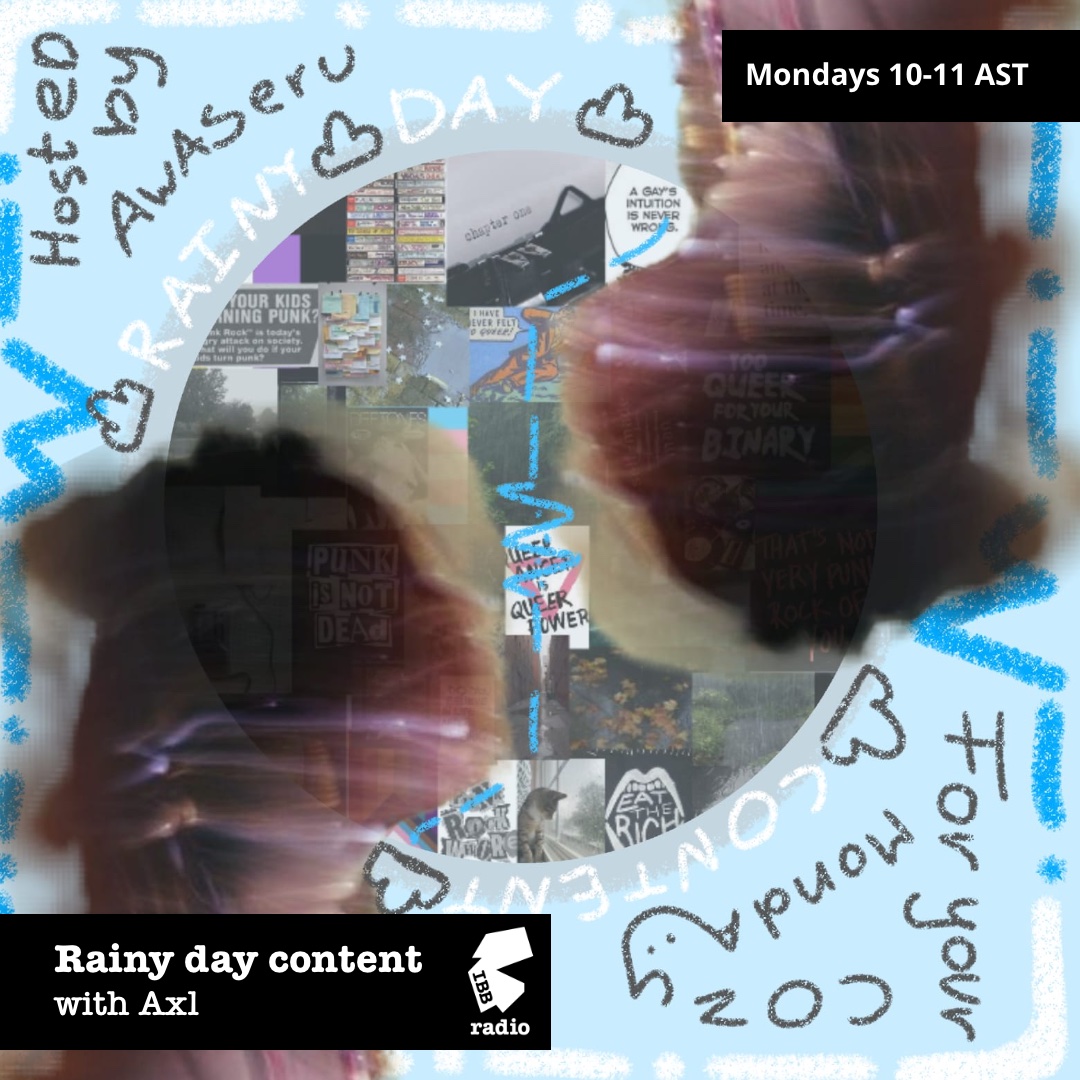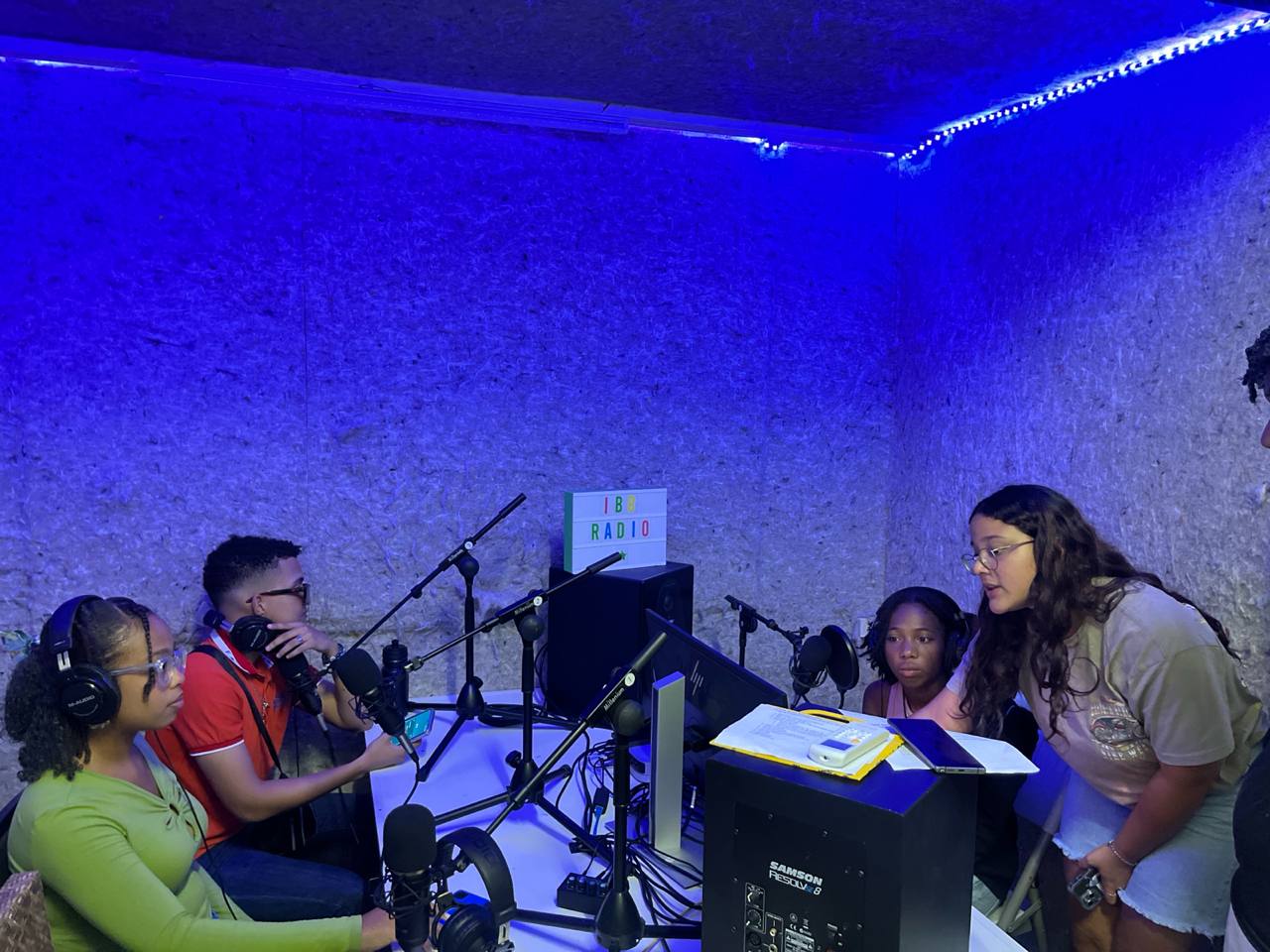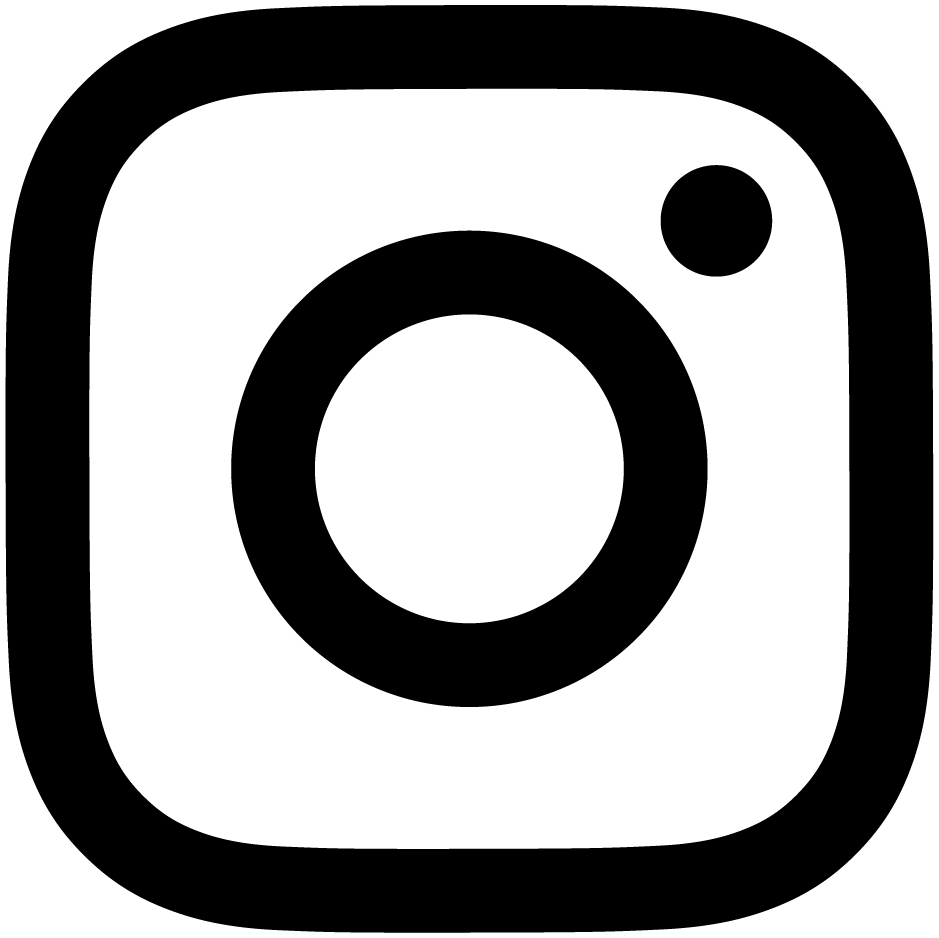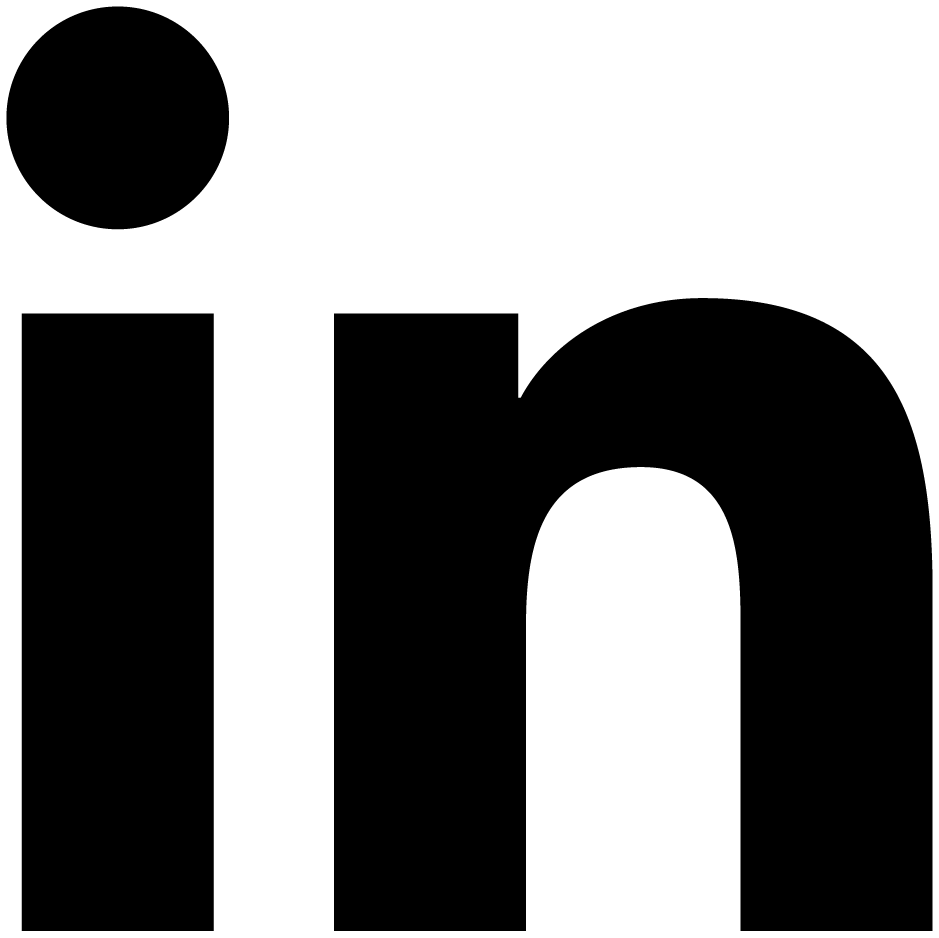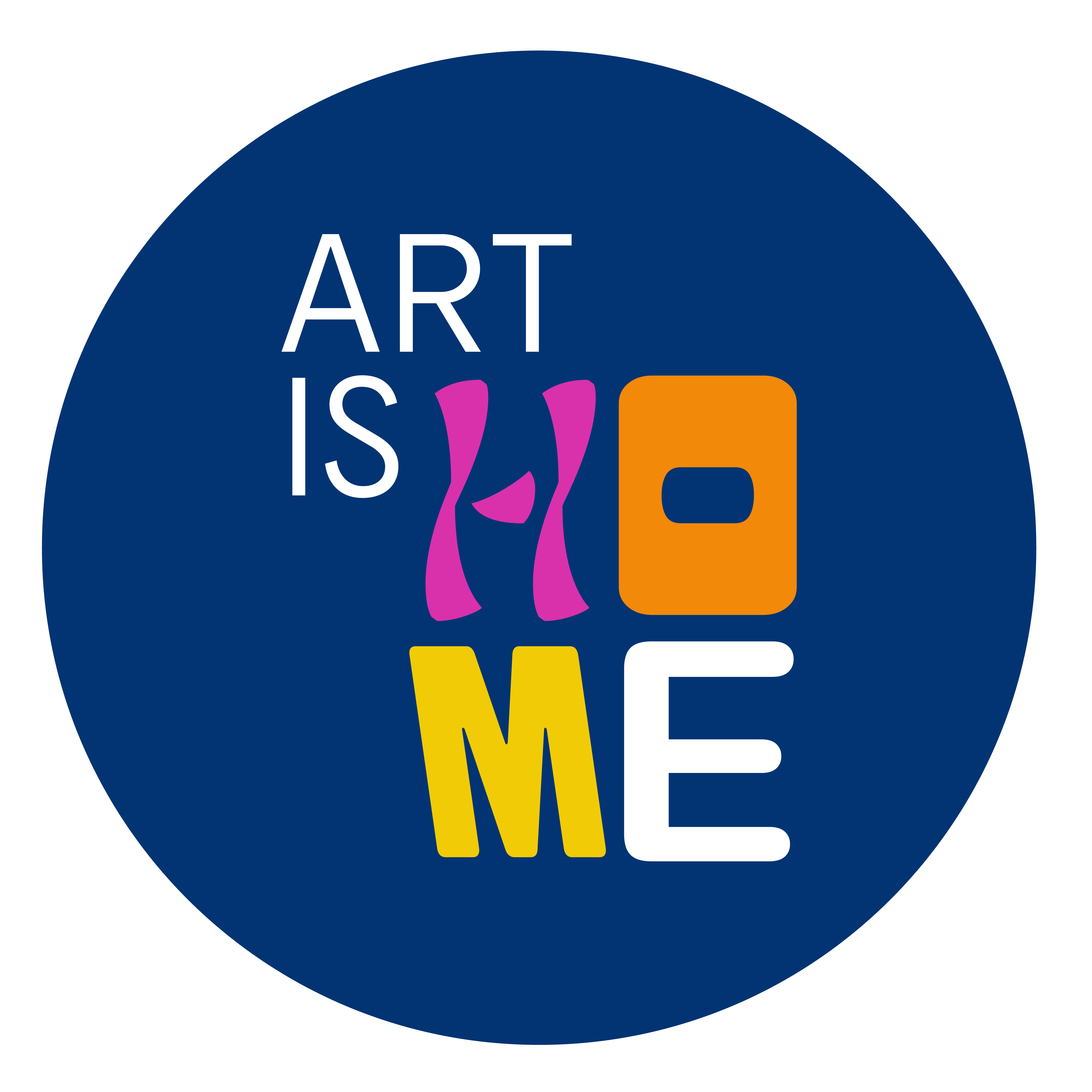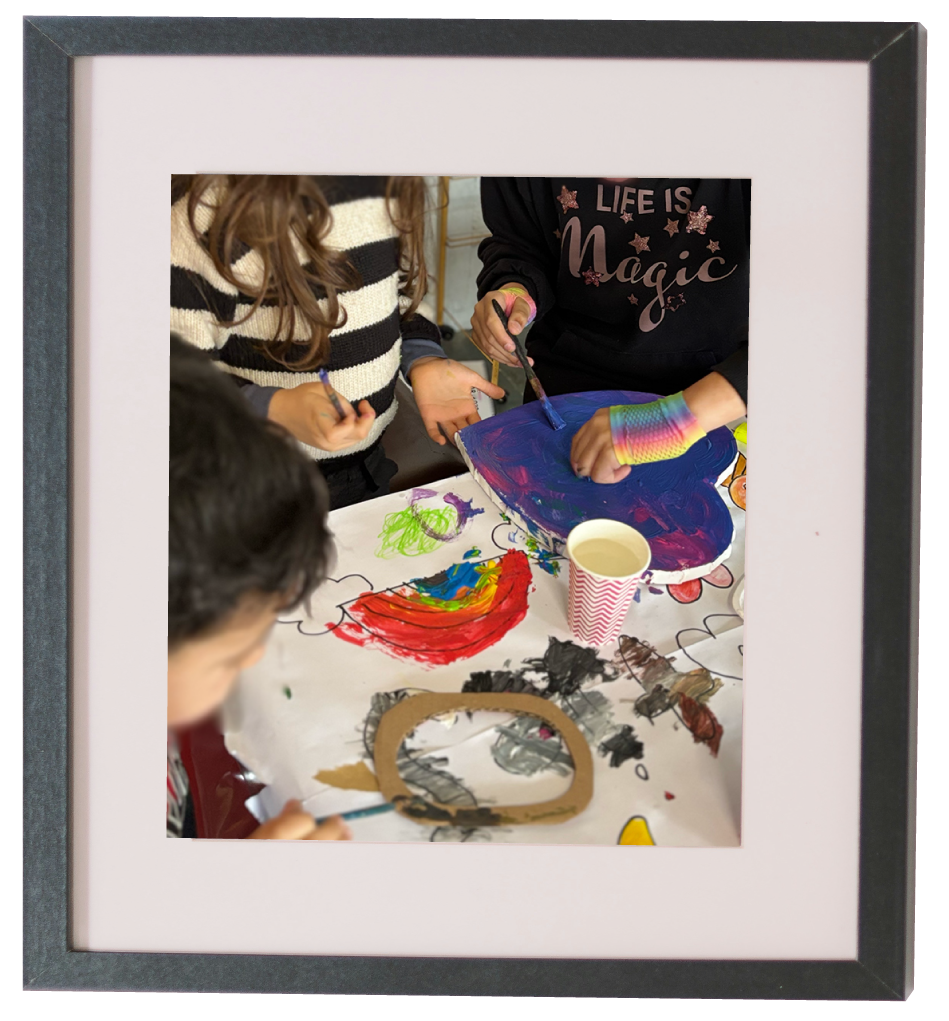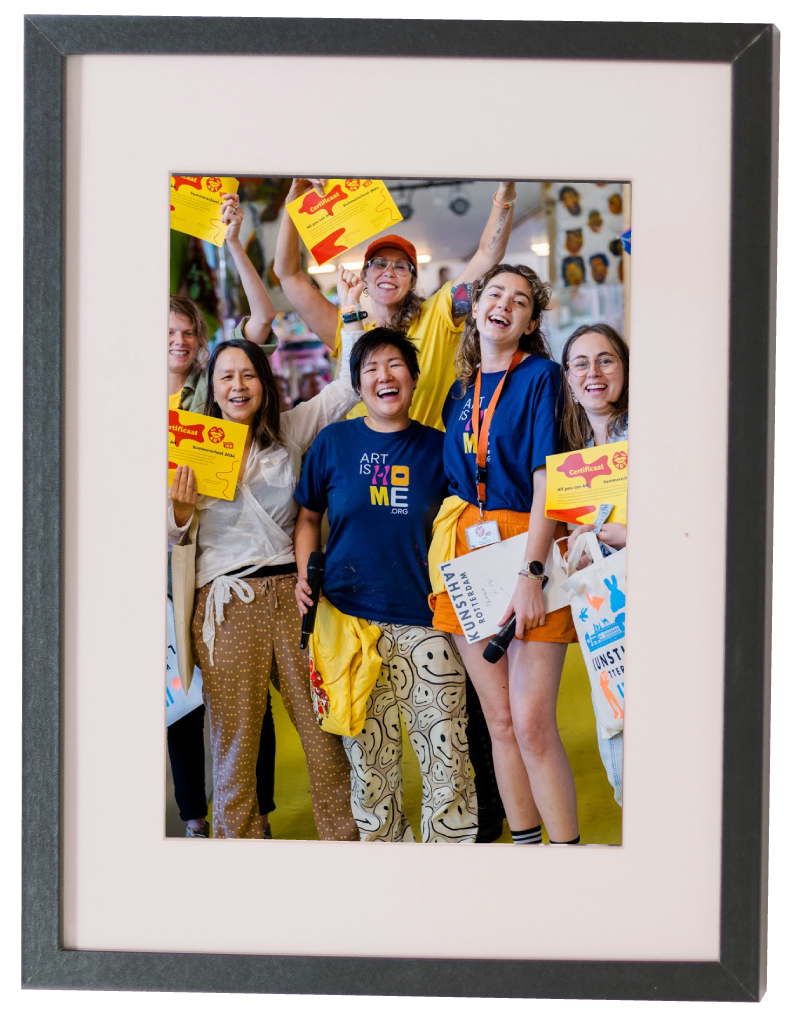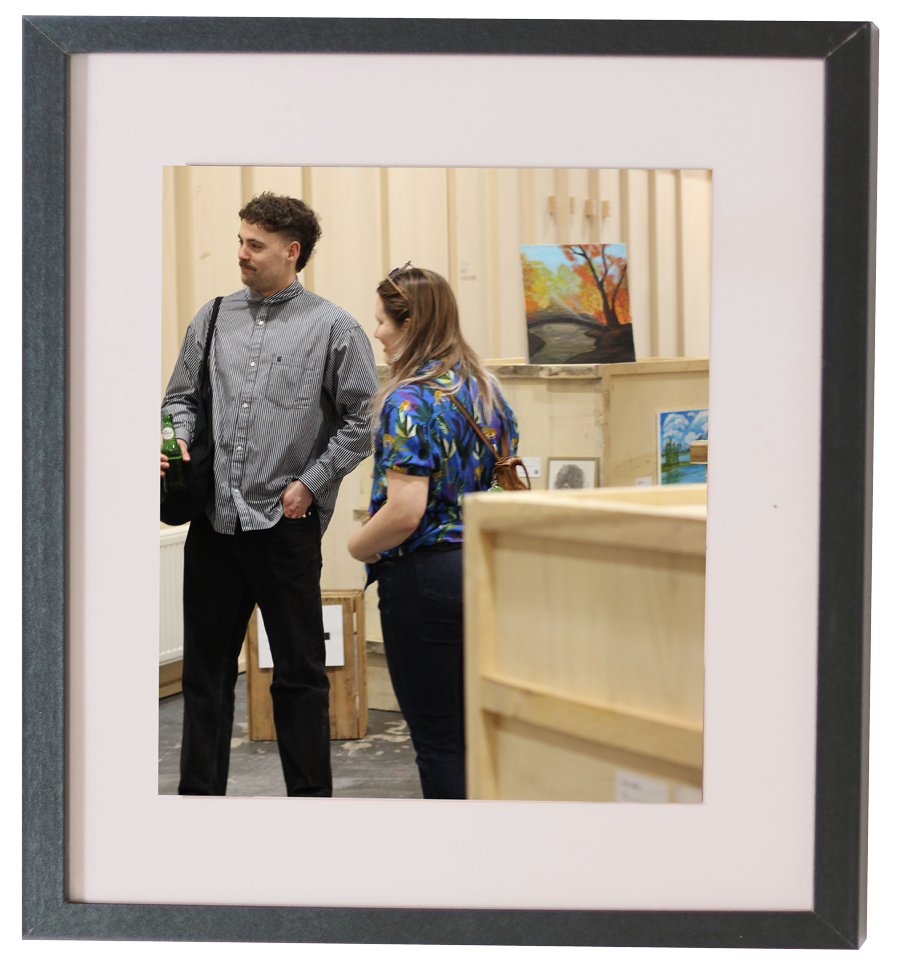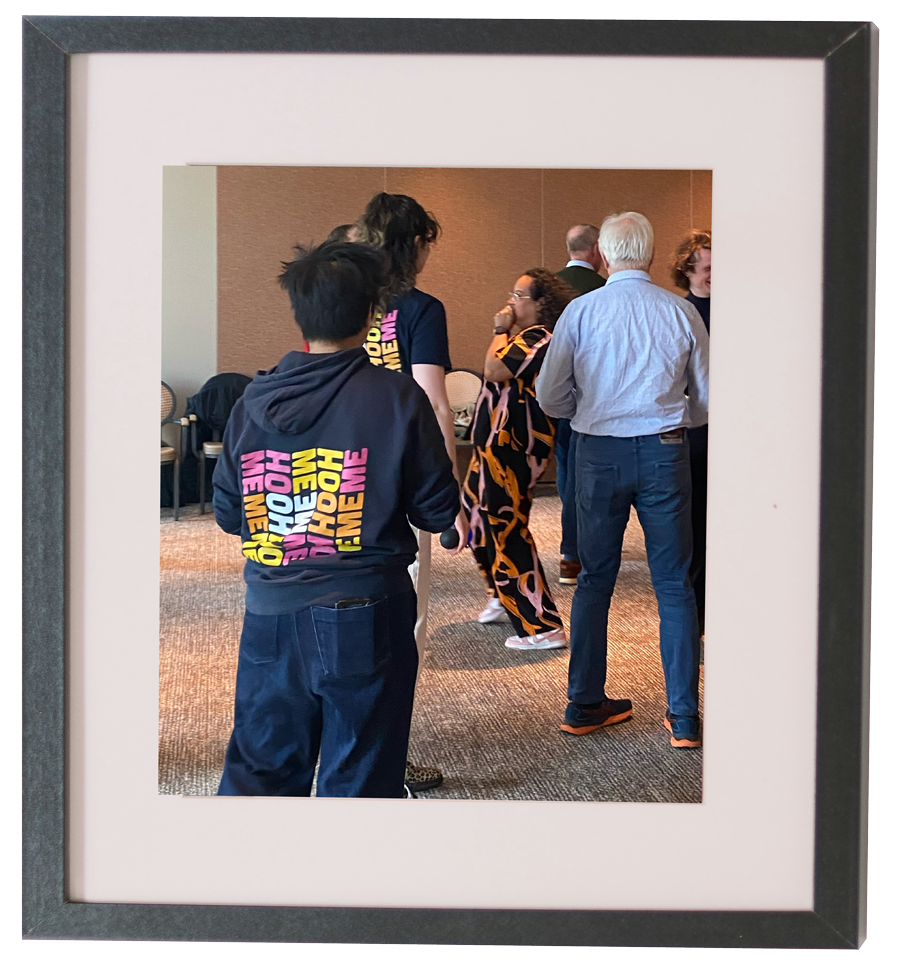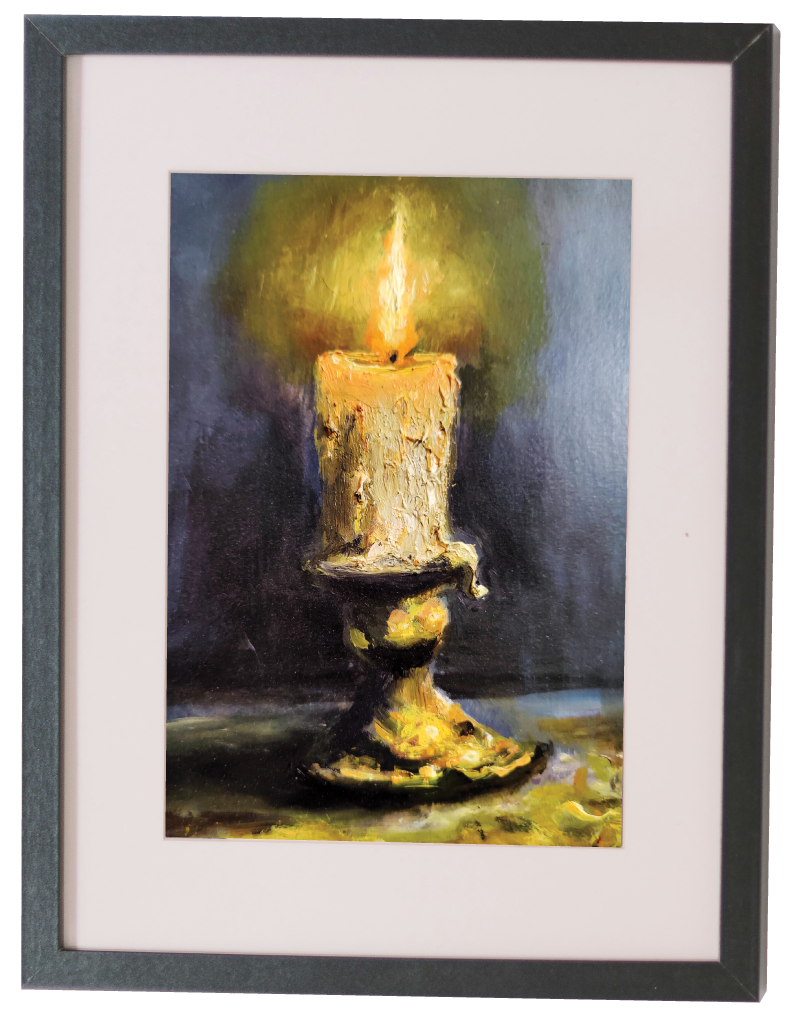
IBB RADIO
THE PROBLEM
IBB Curaçao, the center for contemporary art provides creative youth with a two year creative and/or artistic preparatory course and a residency spot for international artists. Founders Tirzo Martha and David Bade set up the institution in 2006 to prepare students for studies abroad, with an average dropout rate of 80% from Curacao students in the Netherlands, it was clear that the leap between school and higher education needed to be addressed.
The founders had a 2 year dream of creating their own radio station. On such an isolated island, monopolised media had made it hard for underrepresented communities and niche genres to express themselves freely. The accessible medium of internet radio could also provide global reach, allowing the creative community on Curaçao to build on their international connections.
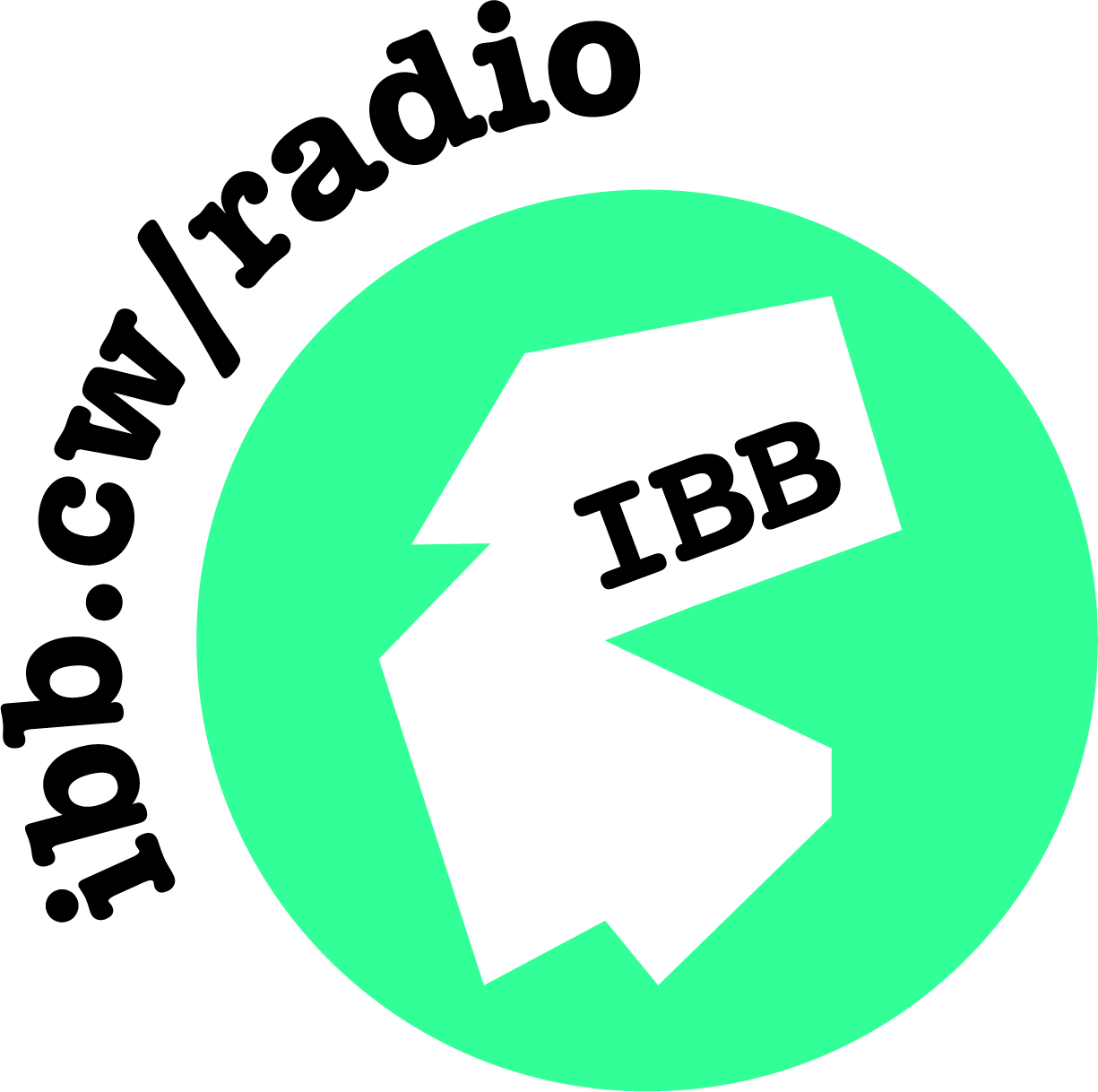
THE SOLUTION
In a bid to further connect the creatives of the island, break the media monopoly and strengthen relationships between the Netherlands and further afield, we visited the island for 5 weeks to activate the project. During our time we launched a 24/7 independent internet radio station, onboarded the students and external makers, defined a brand strategy, built logistical solutions to ensure sustainability of the station, engaged local communities and spread the word globally.
The impact
Interest and collaborations from global DJ’s, music makers and artists. A test ground for students to explore dealing with international audiences. A strong collaborative relationship with Radio Worm, Rotterdam based internet radio community. Where IBB hosted a 6 hour takeover to celebrate their launch, and have a weekly slot to share show content.
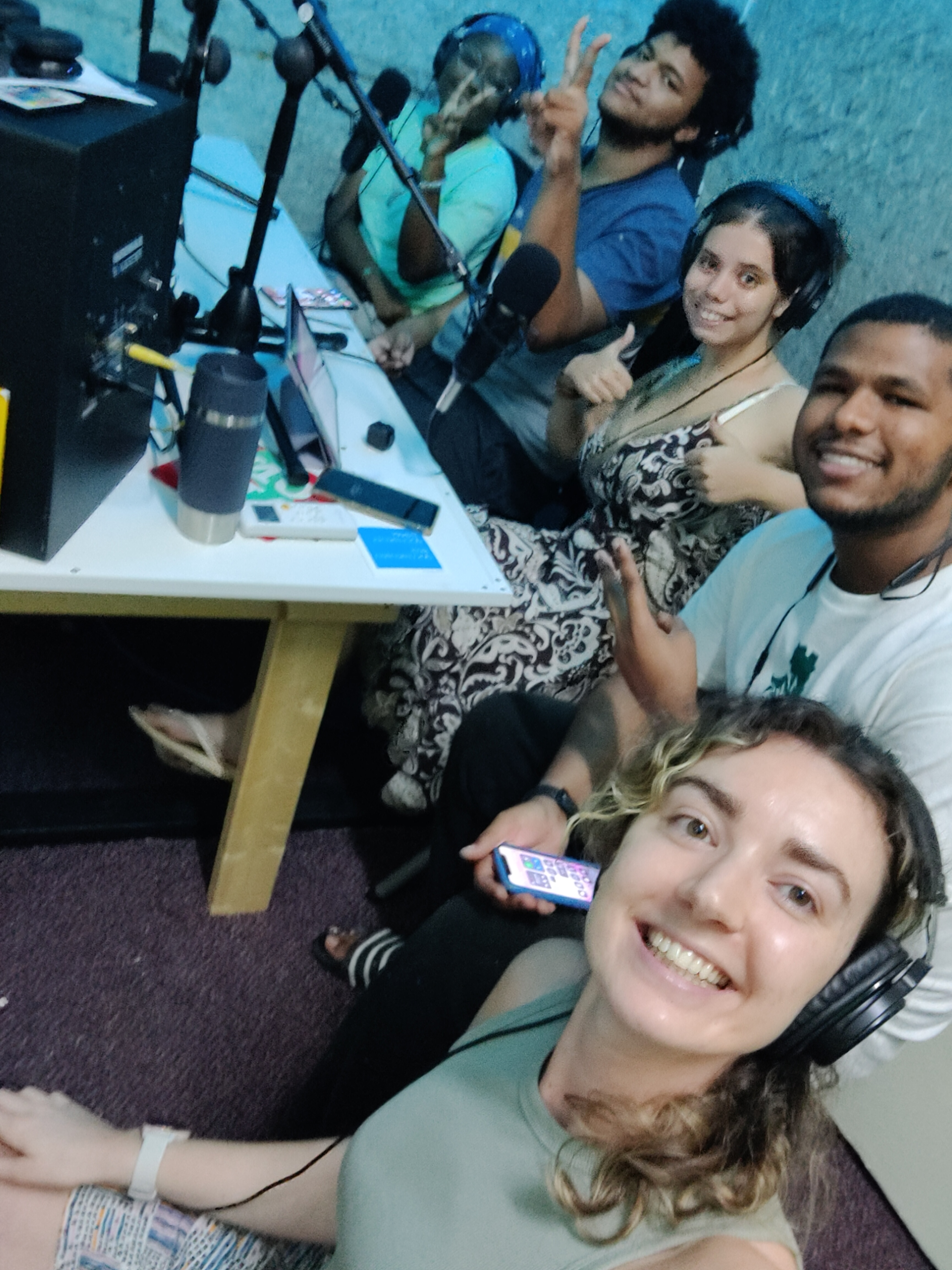
Radio workshops and tutorials
In order to on-board the students, it was important to fill them in on the rise of internet radio and why the space is so important for creative community and activism.
A “Make your own radio show!” kick off workshop took place where the students heard about the history of pirate radio, discussed the current state of the radio and mainstream media on the island, navigated through some examples and the infinite possibilities of existing internet radio shows, and began concepting their own show ideas.
Meanwhile, we set up the physical radio studio and began showing the students how to work with the new equipment.
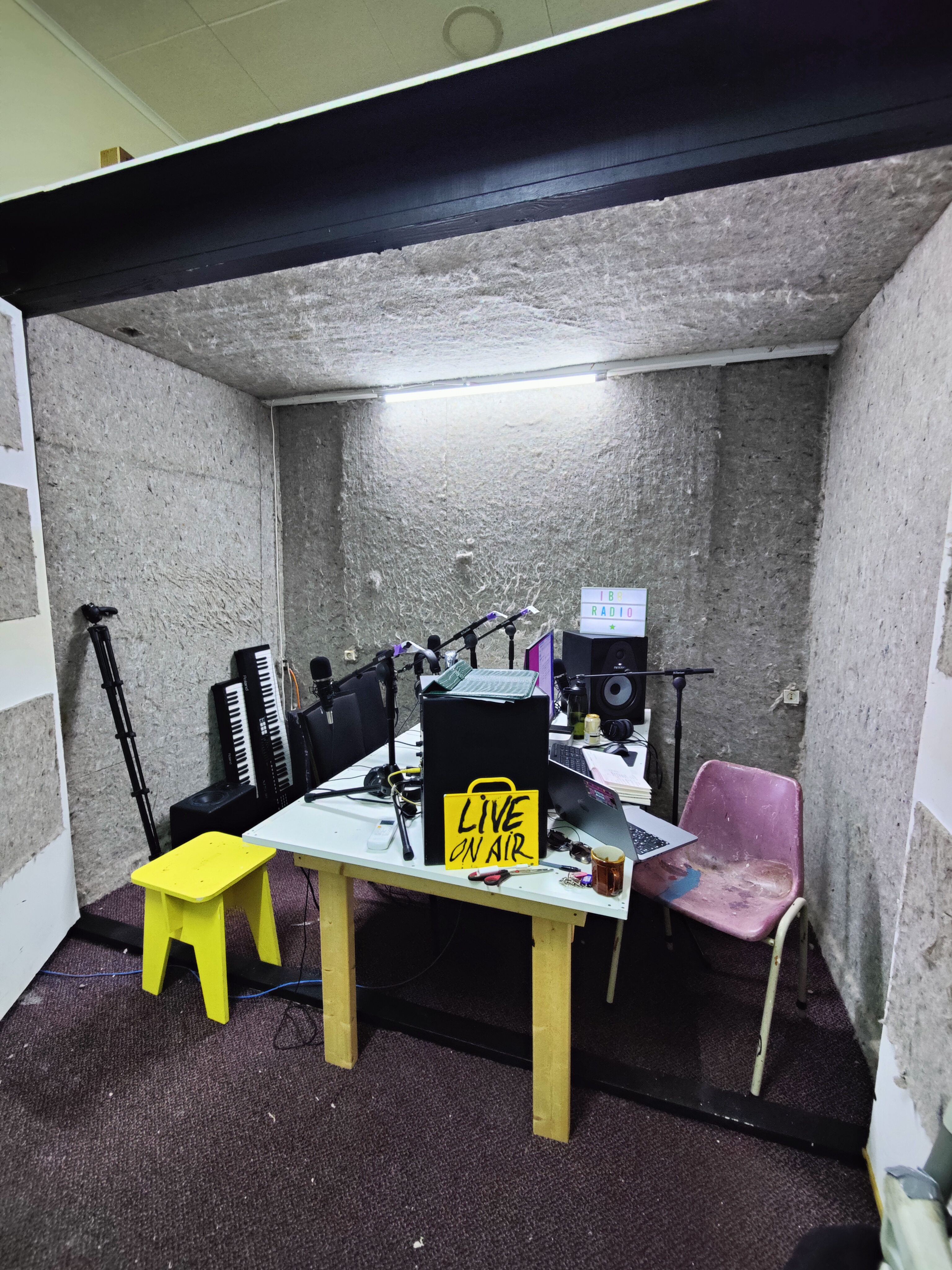
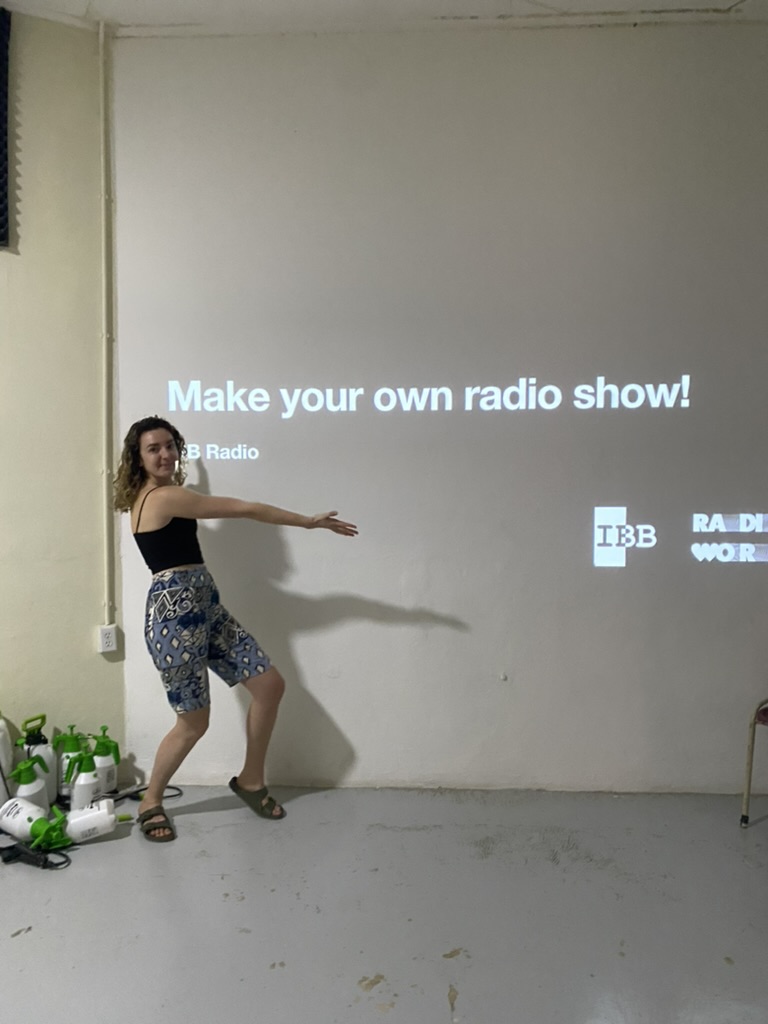
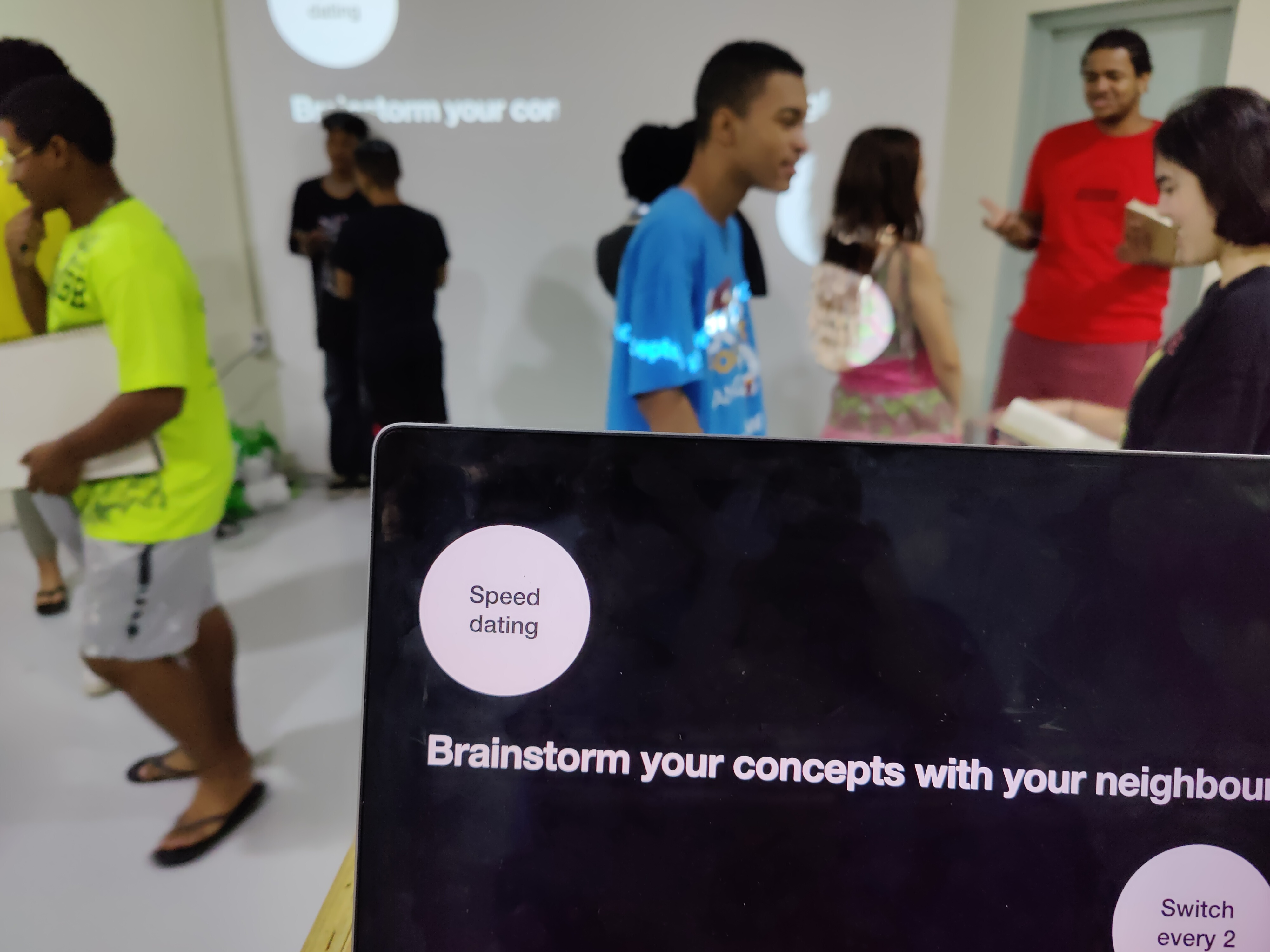
Brand design and activation workshops
After some initial stakeholder interviews and competitor research, we crafted a brand strategy and design concept to launch the station into the market. The mission, vision, purpose and basic design rules were defined, with a skeleton structured communication plan where the students and local artists could define how the brand expressions would be used in public.
To activate these self-defined brand expressions, we held an “IBB Radio Brand Activation” workshop which introduced the students to the basic brand, and split them into 3 activation groups – marketing, studio upgrade, and jingles. The students worked in their teams to expand the brand’s look and feel.
During the kick off, some of the students had asked for advice on marketing and communications so an additional brand strategy workshop was held where Heather shared tips for creating a consistent brand. Including an in depth case study of a previous brand strategy, design and activation project. The students received a brief at the end of the workshop to create an artwork which represents who the brand is, and who the brand is talking to. With some of the outcomes being used for IBB radio campaigns.
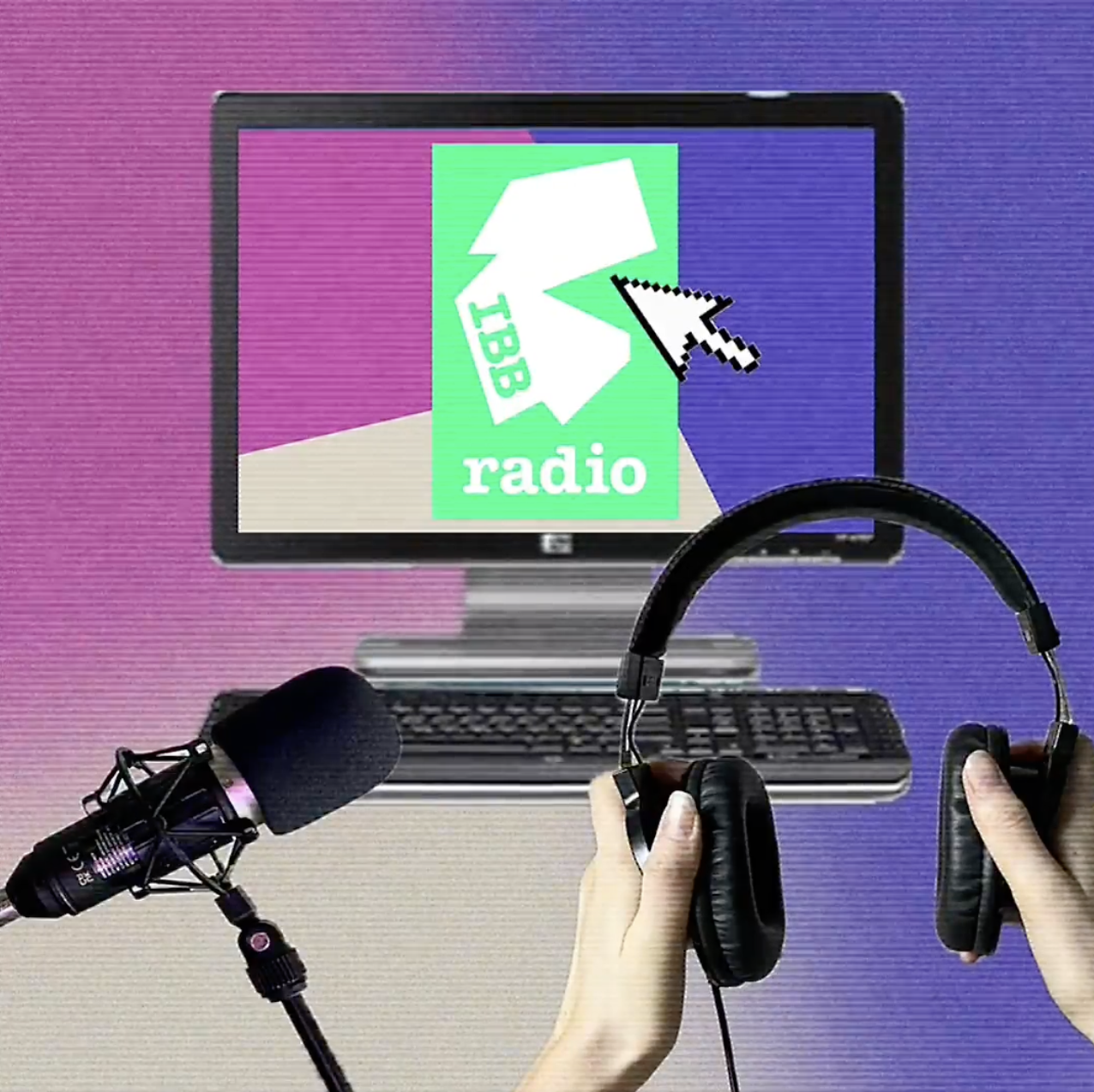
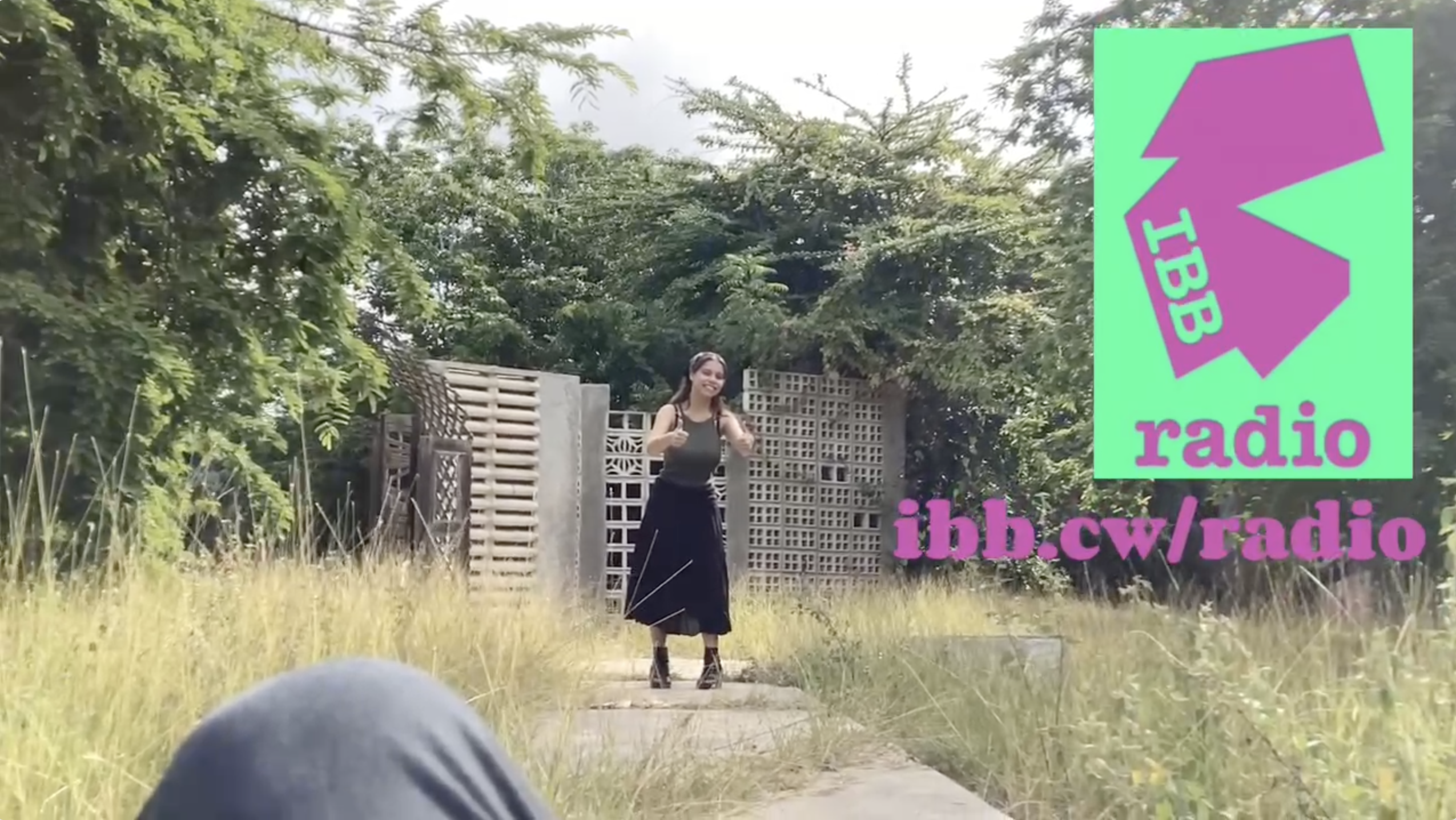
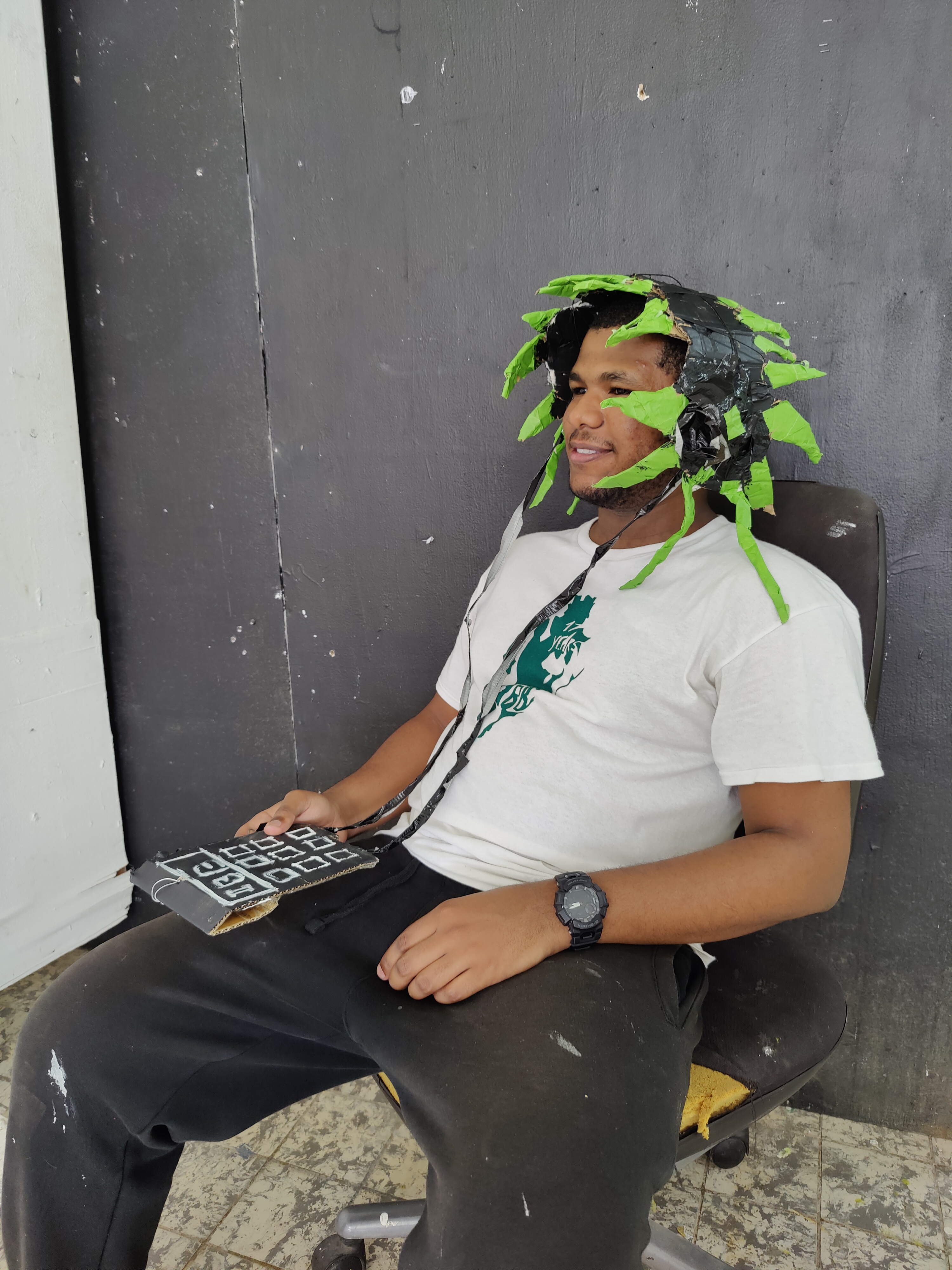
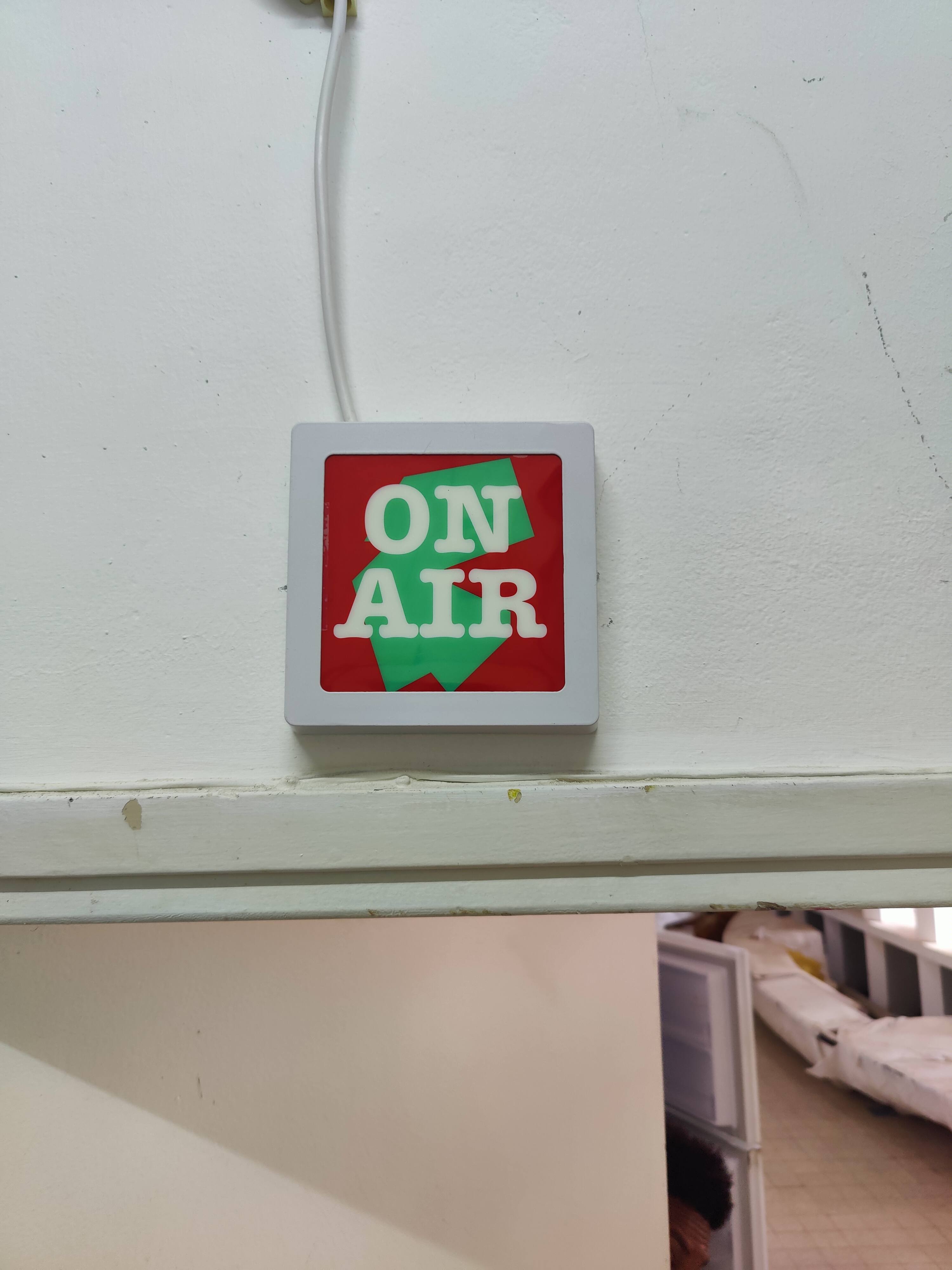
Logistics and community building
In between the branding and on-boarding, plans were made so that the station could continue running after we left. IBB was set up with a scheduling process, archiving process, social media templates, website updating system, and content filing system.
Four students were on-boarded as a production and engineer team, who were taught the processes for scheduling new radio makers, updating current shows, marketing strategies and technical troubleshooting.
We also began an open call and community engagement plan which invited external creatives to propose a show concept with the station. The outreach is still ongoing, but so far has engaged multiple makers and helped to spread the word on the new community platform.
